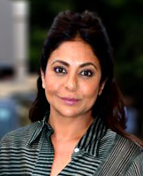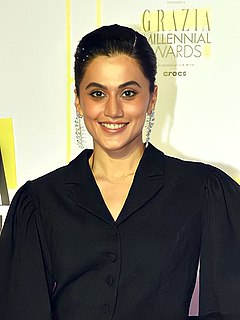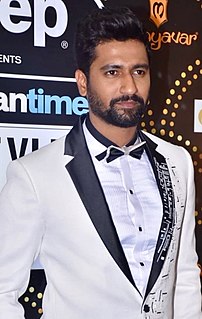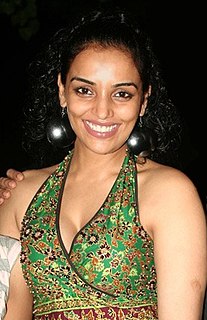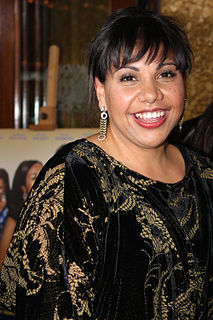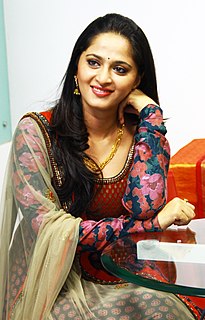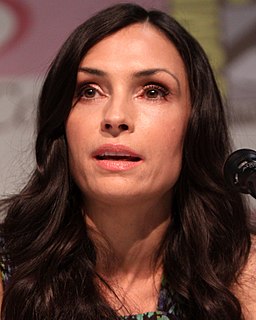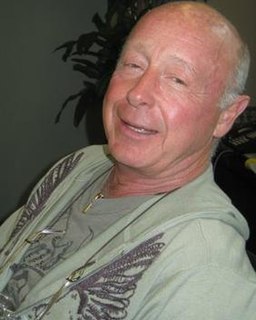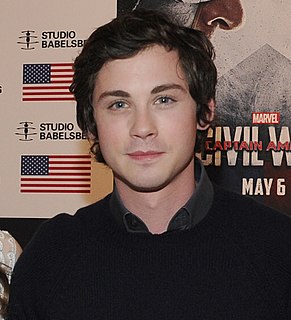A Quote by Shefali Shah
I pick a film on the basis of the role and the director. I do whatever I believe in.
Related Quotes
With a director it's all about the work; I'd work with a great director over - you know, I'm not the kind of actor who that doesn't go, 'I want to play this role.' It's more like, 'I want to work with this director,' regardless of what the role is because if it's a good director, you'll probably find a good role because it's a decent film. But a mediocre director will always make a mediocre movie.
When people run a business and open their door to the public, they must serve the public. That doesn't mean they can't say whatever they want to say. It doesn't mean they can't believe whatever they want to believe. Those are protected also. But businesses must serve the public. And that's a principle that we fought for in this country over many, many decades, when some were invoking religious freedom as an excuse to deny people on the basis of their race, on the basis of their religion, on the basis of sex and on the basis now of sexual orientation. Let's not confuse one thing with the other.
Before writing a single note of music, and even before the spotting session, I find it best to sit down with the director and just listen to him or her talk about the film - what they're trying to say, what they want the audience to understand or believe, and a thousand other similar questions. The director has most likely been living with the film for years before a composer is attached, and so the director's inclinations, desires, and understanding of the film are paramount.
Me and Kirby are very collaborative and it changes from film to film. The first project we worked on together, Derrida, we co-directed. The last film Outrage, I was the producer and he was the director. This film was much more of a collaboration - he is the director and I am the producer - but this is a film by both of us.
I have worked with a lot of really great women directors: Ana Kokkinos; Cate Shortland, who just recently directed a film called 'Lore;' another director, Rachel Perkins - she's an Aboriginal director, and I've worked with her three times now, and she gave me my first film role, actually, back in 1997.
Film’s thought of as a director’s medium because the director creates the end product that appears on the screen. It’s that stupid auteur theory again, that the director is the author of the film. But what does the director shoot-the telephone book? Writers became much more important when sound came in, but they’ve had to put up a valiant fight to get the credit they deserve.
